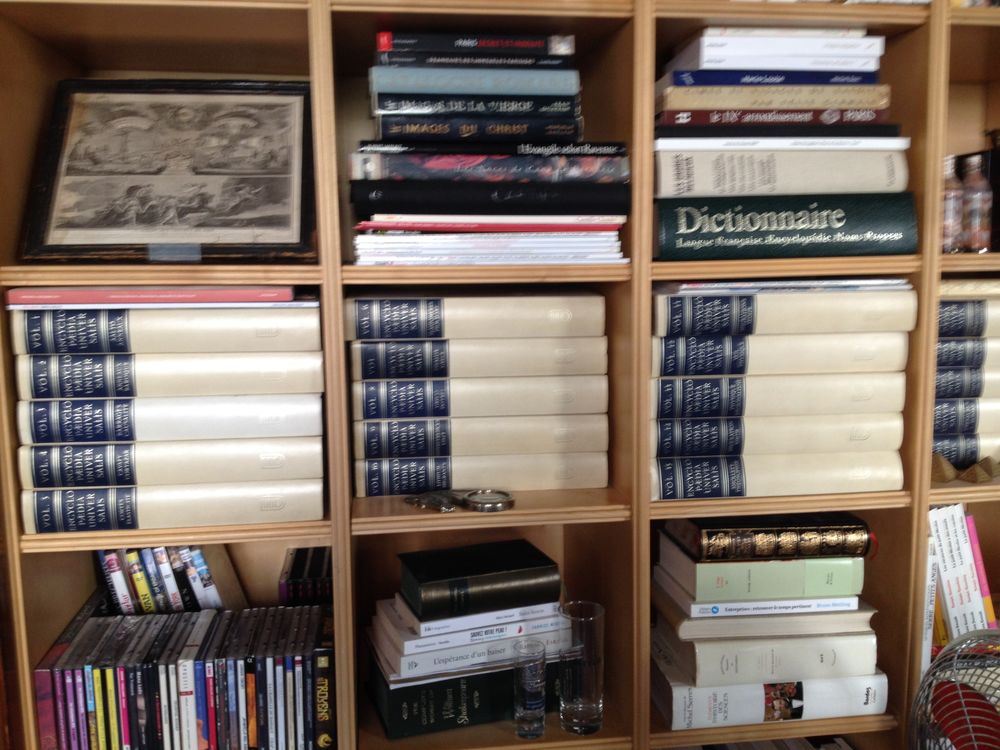


3ģ Frantz Fanon’ position is also very close to that meaning of the term when he explains that, in colonial and postcolonial times, black people were perceived –both in a self-reflexive and in a reciprocal way– as objects rather than as subjects, that their identities were displaced in such a way that they could not see themselves as they were but as they should have been if abiding by colonial values. Moreover, censorship can be defined as a psycho-analytical act, as Freud uses this term to designate the psychic function which bars the spontaneous and sincere manifestations of repressed desires or mental images, which are expressed through deficiencies, disguises or symbolic transformations in the corresponding conscious facts, as André Lalande explains in his Vocabulaire technique et critique de la philosophie. The moral impulse behind the censors’ actions can also rely on a desire to reform, to bring people back on the right track, censorship being in that case synonymous with punishment, either by imposing authority in an implicit and silent way, or by using coercive means –violence and imprisonment. It may also relate to different repressive means used to dissuade people from adopting “condemnable” positions. Censorship therefore may refer to the functions and roles of censors, but also to the functions and roles of institutions (be they a form of religious, political, state or economic censorship, among others).

For him, in modern times, it is often associated with a desire to preserve certain forms of morality. Quadrige, [19 (.)Ģ Although such forms of acute censorship tend to have been less present in Europe since the nineteenth century following revolutionary impulses in France and the US notably, or issues related to Human Rights, he observes that contemporary manifestations of censorship can still be witnessed, notably in countries ruled by authoritative powers, and he explains that the term “censorship” can also be used in a much broader or more metaphorical sense. 3 André Lalande, Vocabulaire technique et critique de la philosophie, Paris, PUF, coll.This could affect the political, religious or cultural spheres. Such an institution would issue a special authorization and could demand that a text be amended or even suppressed. He also adds that, from the Middle Ages onwards, the term “censorship” was used to describe any official institution aiming at banning the whole of, or parts of books, writings, or even performances, etc. they assessed the numbers of citizens, their wealth, etc., and they were to exclude from society those persons whose behaviour did not abide by the moral standards required. 2 “ trouve son origine dans une institution de la République romaine, celle des censeurs, (.)ġ In the “Censorship” entry published in the Encyclopédie Universalis, Julien Duval explains how complex the term is, since it refers to “the act of condemning a text or an opinion, of banning the possibility of publishing or publicizing it, just as it may refer to the institution pronouncing such a ban.” 1 In the days of the Roman Republic, he says, the two censors were magistrates in charge of people’s census, i.e.1 Julien Duval, « Censure », in Universalis éducation.Saving Earth Britannica Presents Earth’s To-Do List for the 21st Century.Britannica Beyond We’ve created a new place where questions are at the center of learning.100 Women Britannica celebrates the centennial of the Nineteenth Amendment, highlighting suffragists and history-making politicians.
#Enciclopedie universalis how to#



 0 kommentar(er)
0 kommentar(er)
